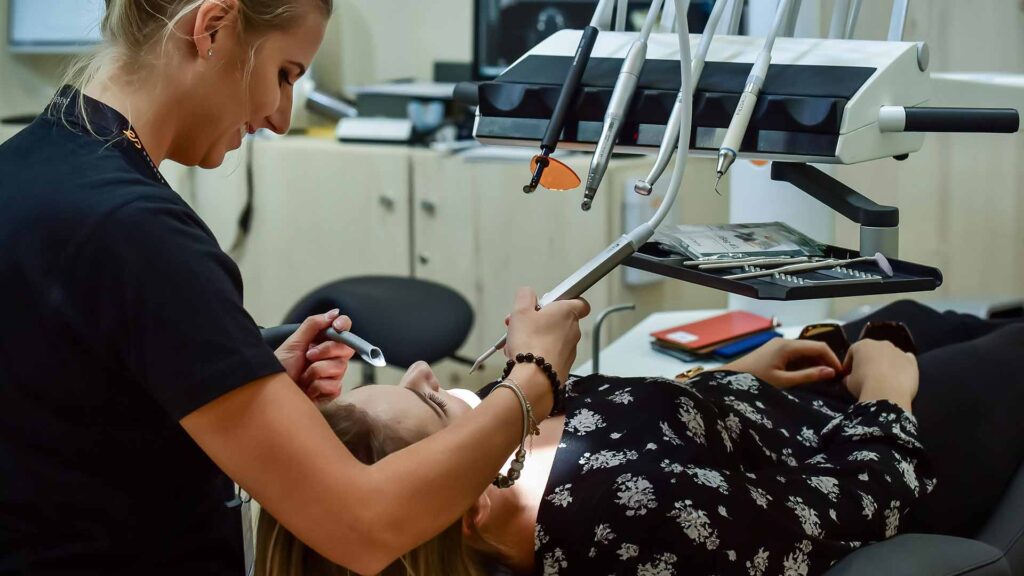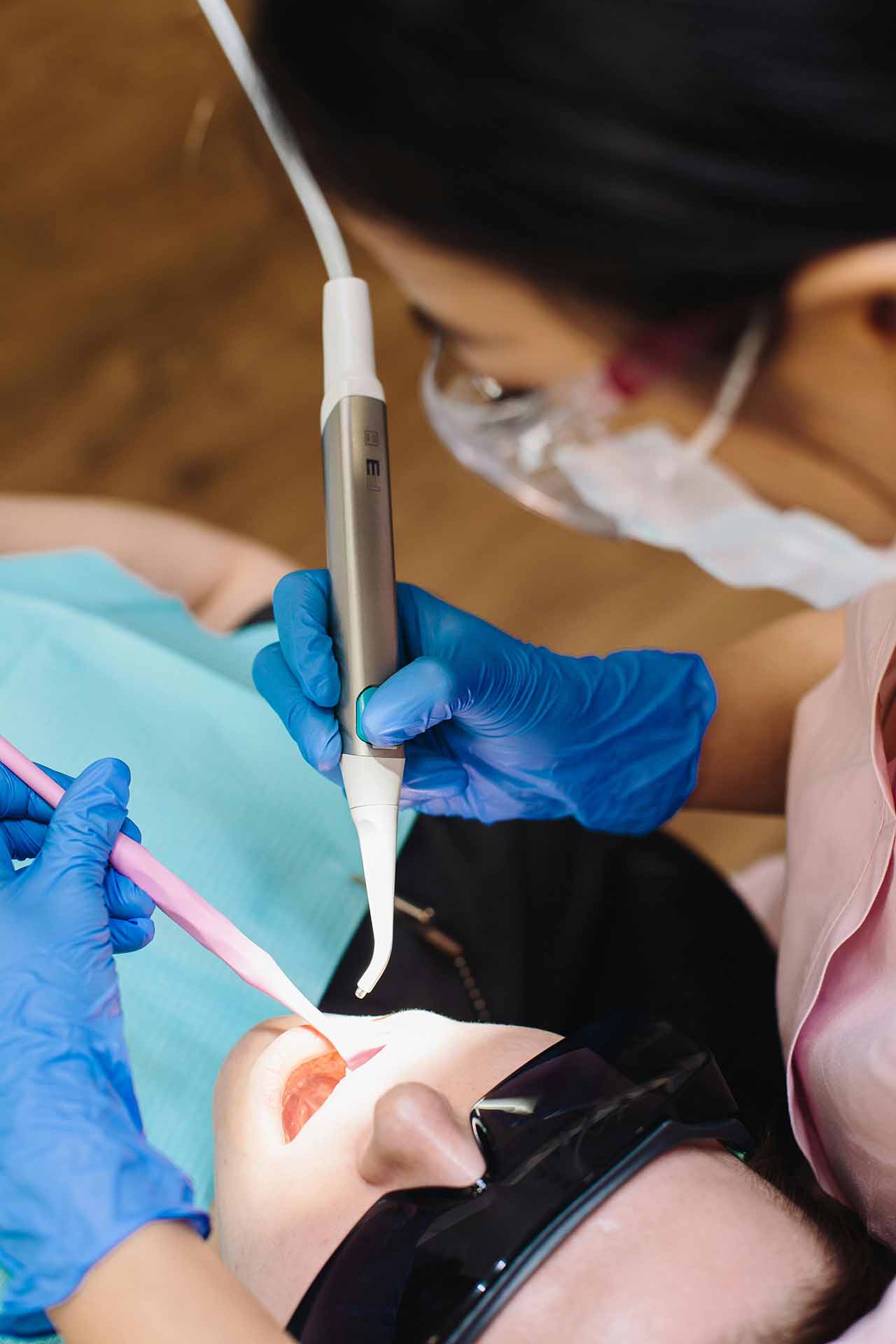Emergency Dentist: Your Complete Guide to Finding Immediate Dental Care
Dental emergencies can occur at any time, often causing significant discomfort and distress. Whether you’ve experienced a sudden toothache, a cracked tooth, or any other type of dental issue, knowing how to find an Emergency Dentist is essential for ensuring that you receive quick, effective treatment. This comprehensive guide will walk you through everything you need to know about Emergency Dentists, how to find one in your area, what to expect during an emergency dental appointment, and more.
What is an Emergency Dentist?
An Emergency Dentist is a dental professional who is specifically trained and equipped to handle urgent and unforeseen dental situations. Unlike regular dental visits, which are typically scheduled in advance, emergency dentists are available for immediate care, often on a walk-in or same-day appointment basis. They deal with a wide range of dental problems that require immediate attention to alleviate pain and prevent further damage to your oral health.
An Emergency Dentist can provide treatment for various urgent dental issues, such as:
- Severe toothaches
- Knocked-out teeth
- Cracked or chipped teeth
- Lost fillings or crowns
- Abscesses or gum infections
- Soft tissue injuries to the gums, lips, or tongue
These dentists are available outside of regular office hours, including weekends, holidays, and late evenings, to ensure that you have access to the care you need when an emergency arises
Why Would You Need an Emergency Dentist?
There are many reasons you might require the services of an Emergency Dentist. Here are some of the most common dental emergencies that may prompt you to seek immediate care:

1. Severe Tooth Pain
A toothache can escalate quickly, causing excruciating pain. If over-the-counter pain relievers aren’t effective, or if the pain becomes unbearable, visiting an Emergency Dentist can provide you with immediate relief. The dentist will identify the underlying cause, whether it’s due to a cavity, infection, or abscess, and treat it as soon as possible.
2. Knocked-Out Tooth
Accidents and injuries can cause a tooth to be knocked out. If this happens, it’s crucial to act fast. You can potentially save the tooth by placing it in a container with milk or saline and getting to an Emergency Dentist immediately. The dentist may be able to reimplant the tooth if treated within an hour of the injury
3. Cracked or Broken Teeth
Whether caused by an accident or biting into something hard, a cracked or broken tooth needs urgent care to prevent infection or further damage. An Emergency Dentist can assess the severity of the damage and offer appropriate treatment, such as a filling, crown, or root canal.
4. Infected Gums or Abscess
Abscesses and infections in the gums or around the teeth can be life-threatening if not treated immediately. An Emergency Dentist will prescribe antibiotics and address the infection to prevent it from spreading to other areas of the mouth or body
5. Lost or Damaged Fillings and Crowns
If a filling or crown comes loose or falls out, it exposes the tooth to further damage. An Emergency Dentist can provide temporary solutions until a permanent fix is made. They may replace the crown or filling or take steps to prevent further issues
How to Find an Emergency Dentist Near You
Finding an Emergency Dentist in your area doesn’t have to be stressful, even in the middle of a dental emergency. Here are several ways you can quickly find a reliable Emergency Dentist:
1. Use Online Dental Directories
There are numerous online platforms designed to help you locate Emergency Dentists near you. Websites such as Emergency Dental Service and Emergency Dentists USA allow you to search for emergency dental care based on your location. These platforms also provide you with details on which dentists are available for walk-ins or offer same-day appointments
2. Call Your Regular Dentist
If you already have a regular dentist, they may offer emergency services or have arrangements with a nearby Emergency Dentist. Many dental practices have on-call emergency dentists who can assist during off-hours, so don’t hesitate to contact them first to see if they can help
3. Visit Local Hospitals or Urgent Care Centers
Some urgent care centers and local hospitals have emergency dental professionals available to handle urgent cases. While they may not specialize in dentistry, they often have relationships with dentists who can handle emergency situations. If you’re unable to find an Emergency Dentist nearby, this could be your next best option
4. Ask for Recommendations
In times of distress, reaching out to friends, family, or colleagues for recommendations can be helpful. Many people may have firsthand experience with an Emergency Dentist and can provide valuable referrals. Social media platforms and local community groups may also have suggestions for trusted professionals
What to Expect During Your Visit to an Emergency Dentist
When you visit an Emergency Dentist, your experience will typically follow a similar process, regardless of the issue at hand. Here’s what you can expect:
1. Initial Assessment
The Emergency Dentist will begin by conducting a thorough examination of your mouth. They may take X-rays or scans to assess the extent of the damage and identify the cause of the emergency. This is crucial for developing an effective treatment plan.
2. Immediate Pain Relief
One of the primary goals of an Emergency Dentist is to alleviate any pain or discomfort you’re experiencing. This may involve administering a local anesthetic, providing over-the-counter pain relievers, or prescribing medication to manage the pain until a permanent solution is implemented
3. Treatment Plan
After the assessment, the dentist will explain the treatment options available to you. Depending on the nature of your emergency, the dentist may perform temporary measures, such as applying a temporary filling, splinting a loose tooth, or prescribing antibiotics for an infection. If necessary, follow-up care may be scheduled for more extensive treatments like root canals or extractions

Emergency Dentist Costs and Insurance
The cost of emergency dental care can vary significantly based on the severity of the issue and the type of treatment required. Emergency visits typically come with a higher price tag compared to regular dental appointments due to the immediate nature of the care provided.
Insurance Coverage for Emergency Dentist Visits
Many dental insurance plans cover emergency dental care, but the extent of coverage may differ. It’s a good idea to contact your insurance provider to verify your benefits and determine what portion of the costs will be covered. If you don’t have insurance, some Emergency Dentists offer payment plans or financing options to help manage costs
How to Prevent Dental Emergencies
While it’s impossible to prevent all dental emergencies, there are steps you can take to reduce your risk:
Don’t Use Your Teeth as Tools: Using your teeth to open bottles or cut tape can cause unnecessary stress on your teeth, potentially leading to cracks or chips. Always use proper tools for these tasks
Maintain Good Oral Hygiene: Brush your teeth at least twice a day, floss regularly, and visit your dentist for routine check-ups to catch potential issues before they become emergencies.
Wear a Mouthguard: If you play sports, wear a mouthguard to protect your teeth from injury. This is especially important for contact sports like football, basketball, or hockeyEmergency Dental Pros |.
Avoid Hard or Sticky Foods: Chewing hard foods, like ice or popcorn kernels, or sticky foods can cause cracks or breakage in your teeth. Be mindful of what you chew to avoid potential dental disasters.

Finding an Emergency Dentist quickly and efficiently can help you get the urgent care you need to avoid further damage and alleviate pain. Whether you’re dealing with a broken tooth, severe pain, or a dental injury, knowing where to turn for immediate assistance is essential. Use online directories, call your regular dentist, or ask for recommendations to find a reliable Emergency Dentist near you. Don’t forget to verify your insurance coverage, and always take steps to maintain good oral hygiene to prevent emergencies from happening in the first place.

